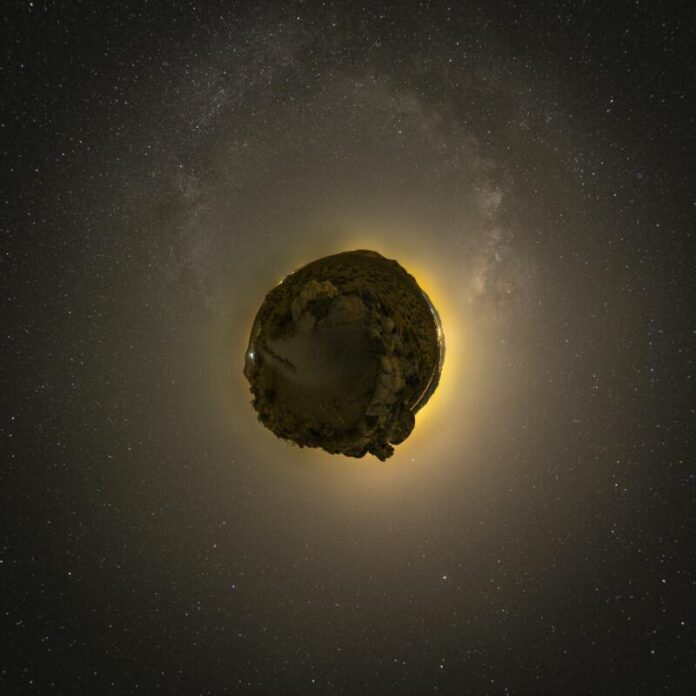
Mining asteroids for important minerals is looking likely to become a reality, and as an added bonus clean up Earth’s mining industry. Whilst the idea of mining asteroids has been thrown around since the 1970s, it hasn’t picked up steam until recent years. However space enterprises including AstroForge, Trans Astronautica Corporation, and Karman+ are now gearing up to test their cutting-edge technology in space, laying the groundwork for future asteroid mining missions.
Space agencies in Japan and the US have already launched spacecraft to investigate and bring back samples from asteroids. NASA’s Psyche spacecraft launched in October 2023 and is currently travelling to an asteroid with the same name, which is orbiting the Sun between Mars and Jupiter. By August 2029 the spacecraft will begin exploring the asteroid, when Psyche the spacecraft will be pulled into Psyche the asteroid’s gravitational field.
The recent emergence of space mining has become so significant that many economists are dedicating their research to the sector’s potential impact on the global economy. In a groundbreaking study, published on October 16, Ian Lange from the Colorado School of Mines explored the economic prospects and challenges of this fledgling industry. The research suggests that space mining could reach substantial proportions within the next few decades, driven by the growing demand for critical metals vital in electronics, clean energy, and electric vehicles.
According to Lange’s study, asteroids contain an abundance of crucial metals like nickel, cobalt, iron and platinum. Some asteroids contain over a thousand times the amount of nickel found in the Earth’s crust. With reusable rockets, like those pioneered by SpaceX and Rocket Lab, launch costs have plummeted, making space mining economically viable.
Space mining is a potential solution to the environmental and social issues that are associated with traditional mining on Earth. Mining can be extremely dangerous work, whilst some mining operations have been known to exploit workers and even used child labour. Additionally traditional mining has many environmental challenges, including deep-sea mining, which can harm aquatic ecosystems and disrupt ocean life. In contrast, space mining could offer a more ethically acceptable option as asteroids are devoid of life, making it potentially more palatable to the public.
However, space mining is not without its own challenges. There is currently no legal framework to regulate it, leading space ethicists to advocate for responsible practices and resource-sharing to protect future generations. The development of such regulations is under way, with initiatives like the US-led Artemis Accords aimed at governing lunar and space activities. While the space mining industry faces several hurdles, experts believe it holds tremendous potential for the global economy and the environment back home on Earth.



